This is the fifth and final part of write ups I produced, detailing
my
thoughts and experiences with Genshin Impact. In this one, I discuss the world of Genshin Impact, what makes it so captivating, and why one part of it in particular has left a powerful impact on me, partly due to the fact that this is the first Chinese game I've played extensively.
So as I've argued previously, Genshin Impact is a game with great emphasis on its story, characters, and world. While they are all great in their own right, the one that has stood out to me and kept me coming back, is the world of Genshin Impact. Genshin Impact does this thing that my favorite worlds in storytelling do, where they will have multiple regions, with each one being dominated by a different ideology. This ideology can be summarized in simple terms with say an element like in Avatar: The Last Airbender, or a political system like in Fire Emblem: Three Houses. At the same time, the ideology is deep and complex, in such a way that every character from that region feels as if they have been shaped by it, and the way this simple element is explored so much through its characters really brings each region to life. But most importantly, none of these regions are portrayed as being better than the others. There is no good region and bad region, which makes them all feel more real and morally grey. This was always my biggest problem with the world of Harry Potter, as one house was clearly portrayed as the good guys, while one was the bad guys.
But the real stand out, the region that captivated me like few video game areas ever have, was Liyue. Liyue is based on China, and given that Genshin Impact is a Chinese game, the developers went all out in creating a region that has some of the most beautiful and unique landscapes I’ve ever seen, while at the same being a microcosm of modern China and Chinese culture. The stone forest of the far west, the beautiful farming town of Qinqce village, Wangshu Inn’s incredible architecture, the mystifying lakes based on unique landscapes of western China, and the massive and bombastic town of Liyue Harbor, embodying the massive population and continuous bustling of China’s largest cities. Liyue was such a treat to explore and understand, I can’t say I’ll ever forget it.
Now I’m going from my memory and could be totally off here, but I felt like the music of Liyue was meant to evoke more than just feelings of a beautiful or ancient Chinese culture. Rather than have just one location, the many different kinds of villages allowed for different looks at Chinese architecture and tune, and different landscapes and environments showed all sorts of variety I hadn’t seen, and I felt that the music was overall much more willing to experiment with musical instruments typically associated with Chinese culture.
But more than the presentation, the issues its people deal with felt so real. There’s tension between the rapidly changing harbor port and the more traditional farming village. There’s tension in how some of them feel about the spirits of the west, some romanticizing their status, others downplaying them, some feeling the spirits are needed, others believing they must do away with those old beliefs, etc.
The characters further add nuance to the world of Liyue, but another element I really like about it, is that with how unabashedly Chinese Liyue is, it means that its place and character names are all Chinese. Take these characters, look at their names:
Could you pronounce these as an English speaker? One thing I had a lot of fun with was trying to understand just how to pronounce all these, especially since many other North Americans had similar troubles. But through finding helpful youtube videos from native speakers on how to pronounce these Chinese names, I got better at pronouncing them accurately, and it was a fun journey to learn about the weird way English translates Chinese words.
What was really cool about Liyue is that it allowed me to learn more about Chinese culture and the language in a way I wouldn’t have learned otherwise. It really took me back to when I first got into reading up on Japanese video games. Playing through Pokemon Gold & Silver for the first time and seeing its town based on a traditional Japanese village. Learning the names of employees at Nintendo and how to pronounce them. Video games helped me to understand and feel a touch of Japanese culture and language. I’ve yet to find a game that’s really allowed me to do that again...until Genshin Impact. It has been incredibly satisfying to learn more about Chinese culture and language through its world, its characters, etc. And it’s made Liyue one of my favorite video game areas ever, if not my favorite. It’s beautiful, complex, and different than what I’m used to. It’s helped me to learn a lot about our own world, and if anything, Genshin Impact has me excited for future video games that I’m not used to. Not just more video games from China, but video games from India, southeast Asia, any other countries that are able to grow and produce a video game industry. I wonder what sort of new games they will create. I wonder how they will help me to learn more about the culture and language it comes from. Genshin Impact has reminded me about the way video games can help you to learn more about the world and it’s just been incredible. It is the first Chinese game I’ve gotten really into, and I am very certain that it won’t be the last. I can’t wait to see more, and can’t wait to see what other cool new video games I play in the future.
But until then, I’ve gotta get back to Genshin and go back to its beautiful world. Thank you so much for reading this. If you actually read all five of the parts of this, I am honored beyond words. I hope you were able to take something away from it. Until next time!


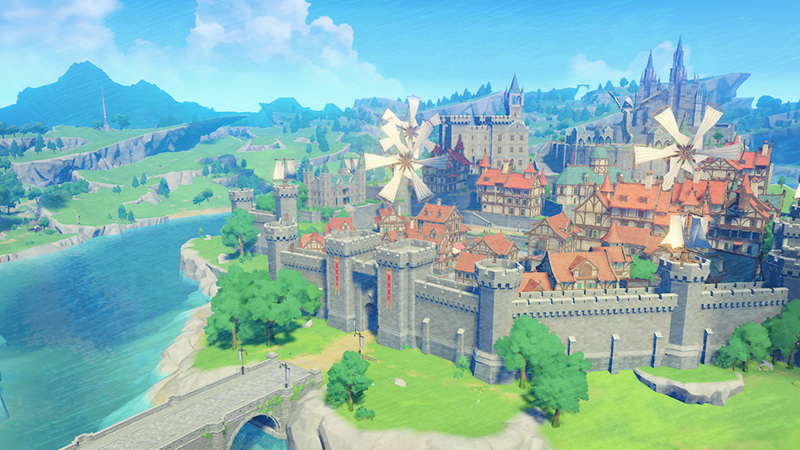
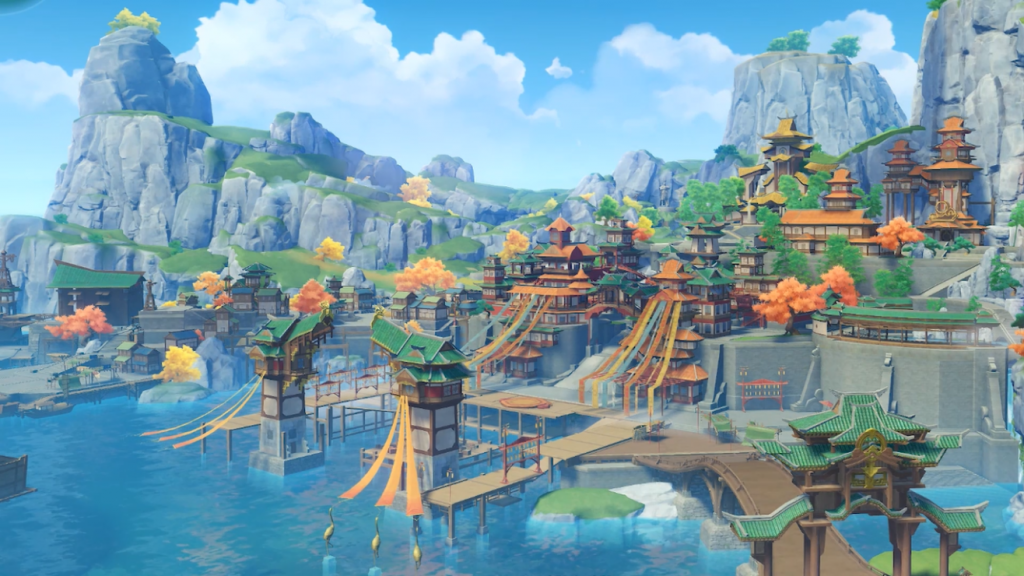
:background_color(white):format(jpeg))

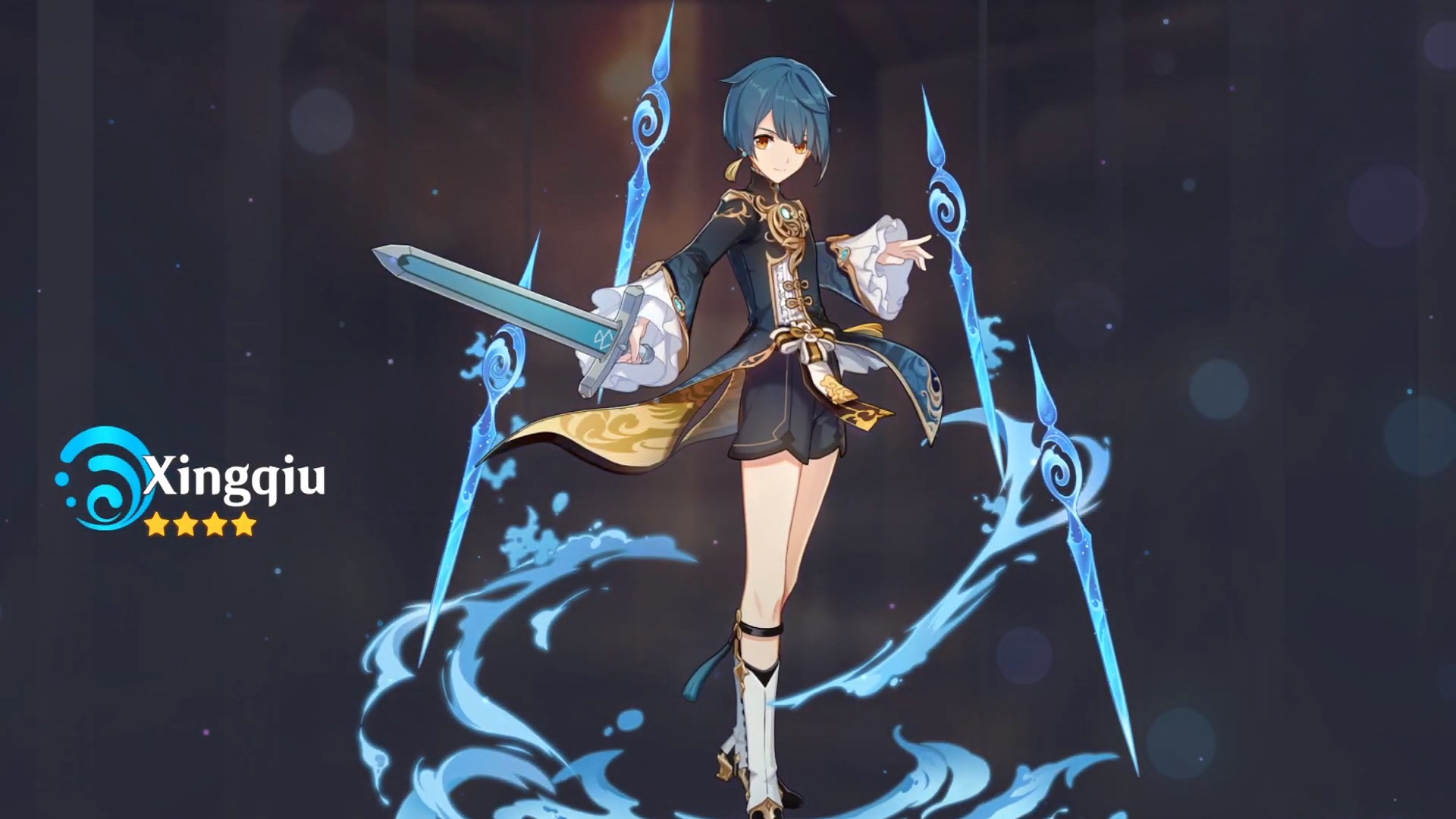
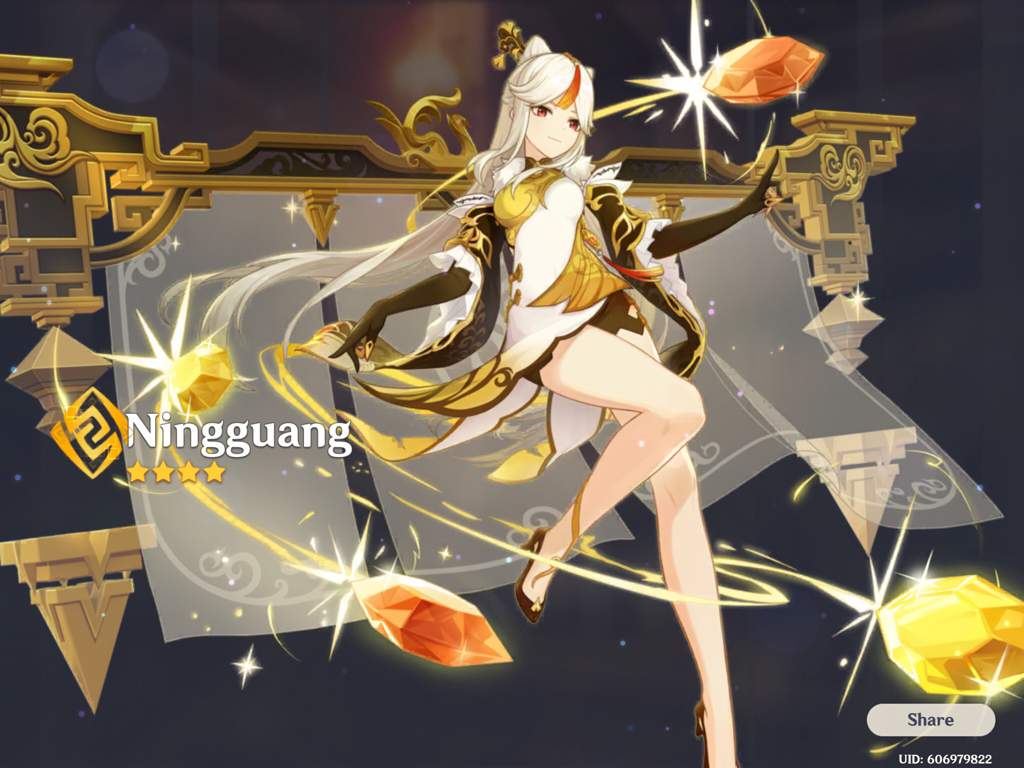

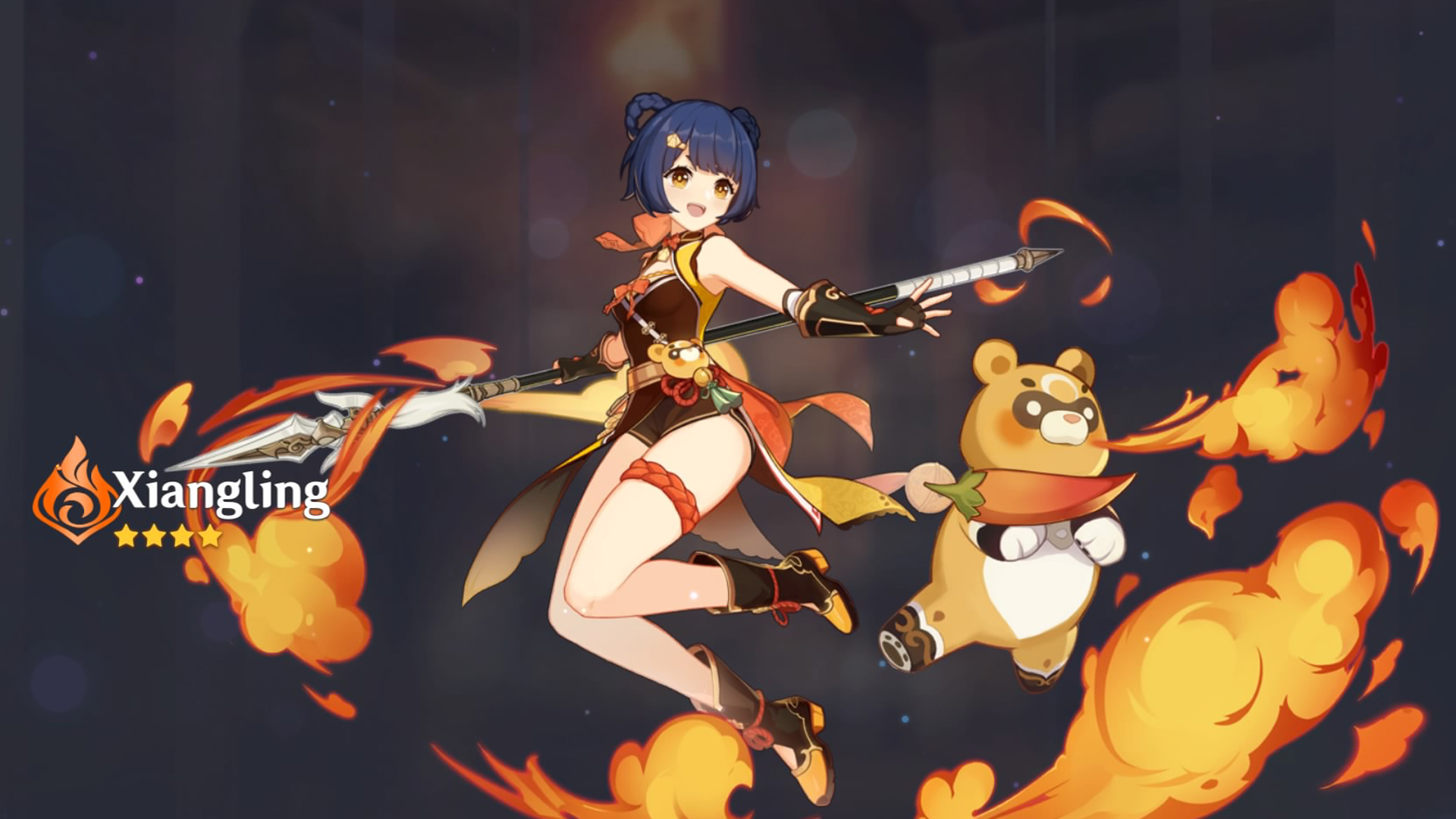
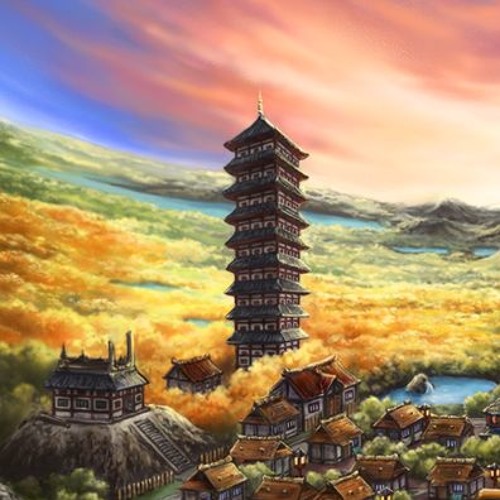
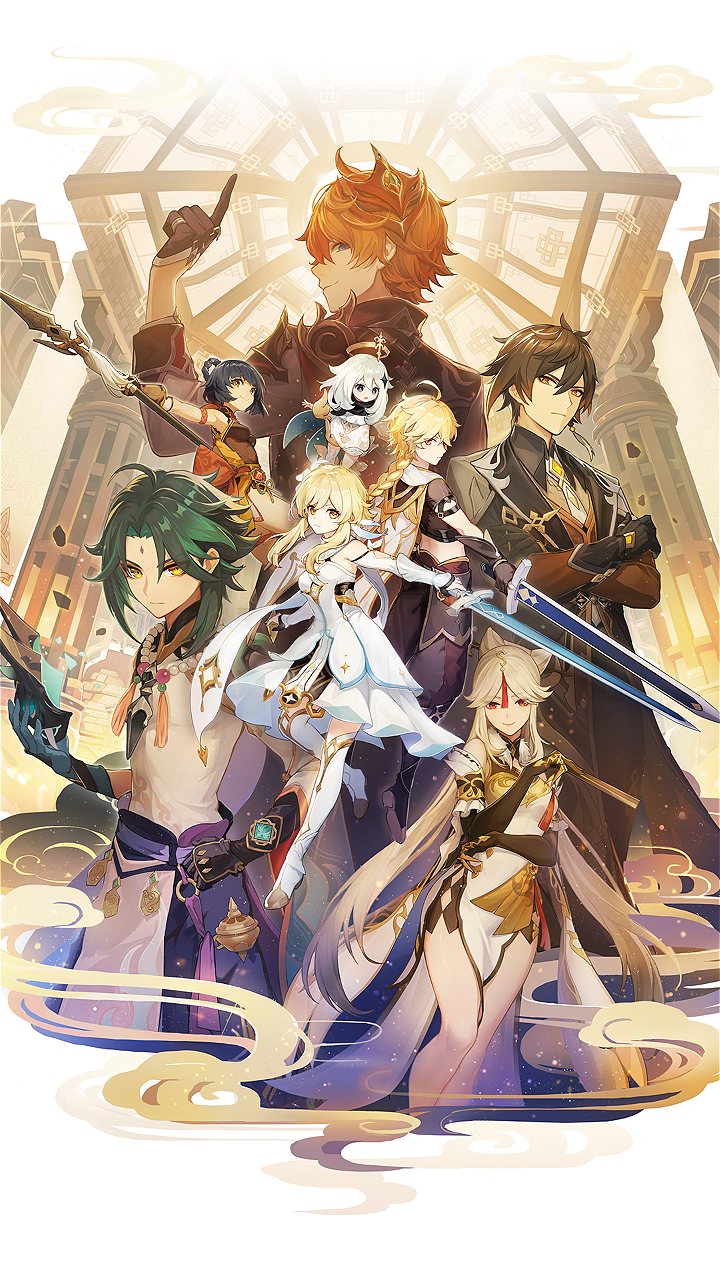
No comments:
Post a Comment